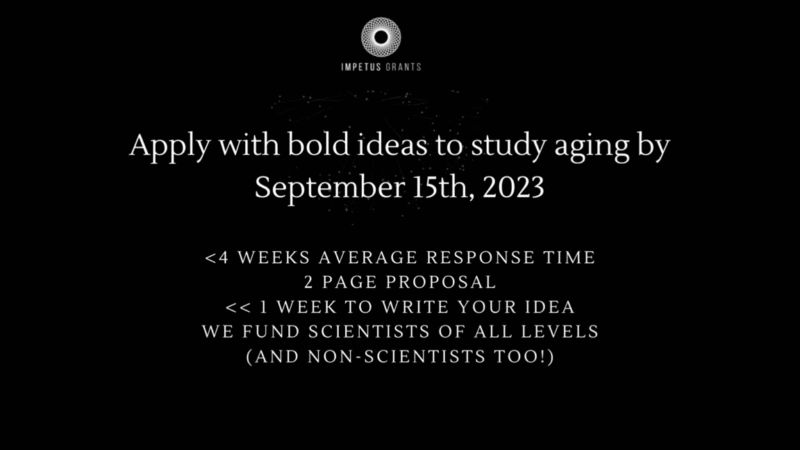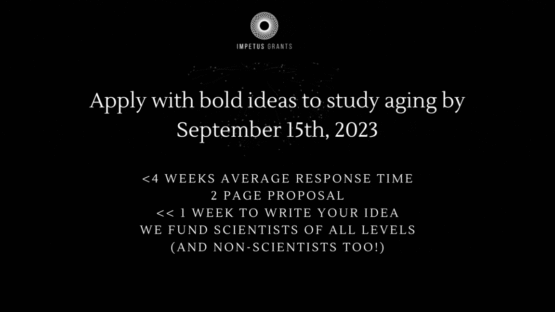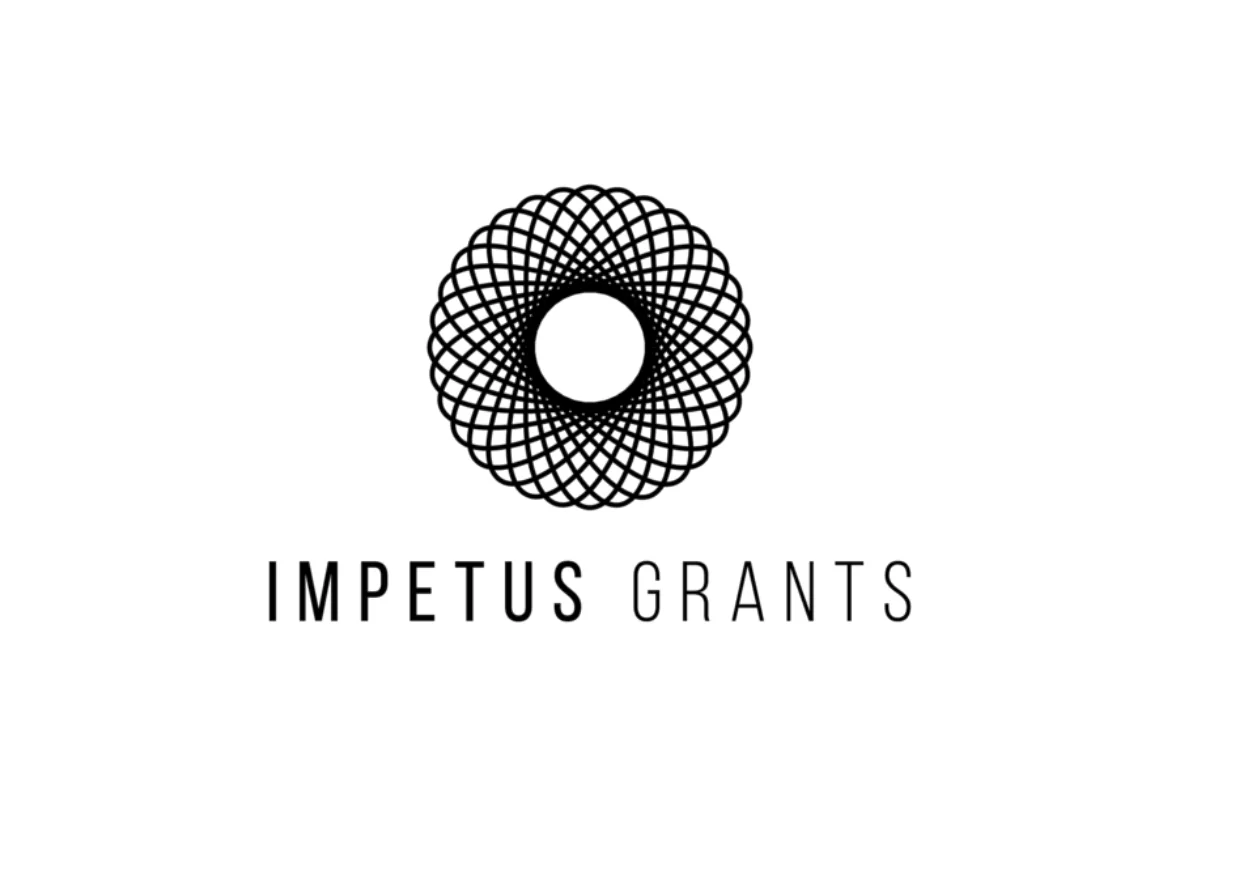Earlier this month, Impetus Grants announced its third round of funding, with 10 million from the Rosenkranz and Hevolution foundations.
Previously, the program conducted two grant rounds, bringing 114 new projects and 50 new labs into the space, giving away more than 24 million dollars for a “new kind of science”. Now, some of these projects are starting to bear fruit. Several have been published in big-name journals like Nature, despite first being labeled as “low probability of success”, including extending lifespan in worms powered by light, clinical trials on aging ovaries, programmable RNA sensors as a therapeutic intervention, and three new rapamycin clinical trials in humans.
From double-blinded reviews to the publication of negative results to a focus on ‘upside risk’, many of the program’s features have long been advocated for in traditional grant-making processes. Anyone, of any academic or scientific background, can write an application over the weekend and get up to $500,000 for a moonshot idea in aging. The program aims to attract as many new scientists as possible to the mission of tackling aging.
The grant focuses on aging research, with the following four areas being of particular interest:1. Proposals that stress-test popular theories of aging
Recently, yet another study has been published showing that eliminating senescent cells is detrimental for the organism, this time in the lungs of mice. Currently, researchers are raising questions about therapies aimed at controlling cellular senescence. Impetus would like to fund more proposals investigating this question, as the organization does not expect this direction to be supported by traditional funding.
2. Proposals that stress-test popular protocols for extending lifespan
In the last two years, partial cellular reprogramming has become the central topic of many companies and research groups. However, it hasn’t been rigorously investigated or reported as to what extent rejuvenating effects of partial reprogramming happen due to the depletion (death) of aged cells in the reprogramming pool. Given the susceptibility of aged cells to undergo apoptosis in reprogramming, Impetus believes that investigating this question further would be critical for improving current anti-aging reprogramming protocols.
3. Category-openers or proposals that test novel mechanisms and approaches to reversing aging
In the previous round, Impetus funded a project that was deemed to be very risky by reviewers, as it didn’t have any research precedents. That work, “Extending lifespan in C. elegans by controlling mitochondrial membrane potential with light”, has now been published in Nature Aging. With this proposal, the group pioneered a concept of external energy replacement for treating aging, creating a novel branch of aging research. Impetus is looking forward to funding more proposals that develop absolutely new paradigms and ways of thinking about geroscience, even if it comes with risks, such as in this case.
4. Translation of preclinical findings
Impetus will continue looking into creating greater worldwide access to improved model organisms in order to make early large-animal studies less prohibitively expensive. The organization will also continue supporting a great number of proposals that test the context-dependence of known aging modulators. According to program co-founder and director Lada Nuzhna,
“The premise of Impetus is not only to bring more money into geroscience but rather to bring it to an overlooked kind of science. Overlooked can mean any idea that did not or would not receive traditional funding for reasons unrelated to the quality of the work itself.”
Applications are open until September 15th, 2023, so if you have a research proposal, apply for a grant today! If you need help with how to apply, check out the grant application guide.



